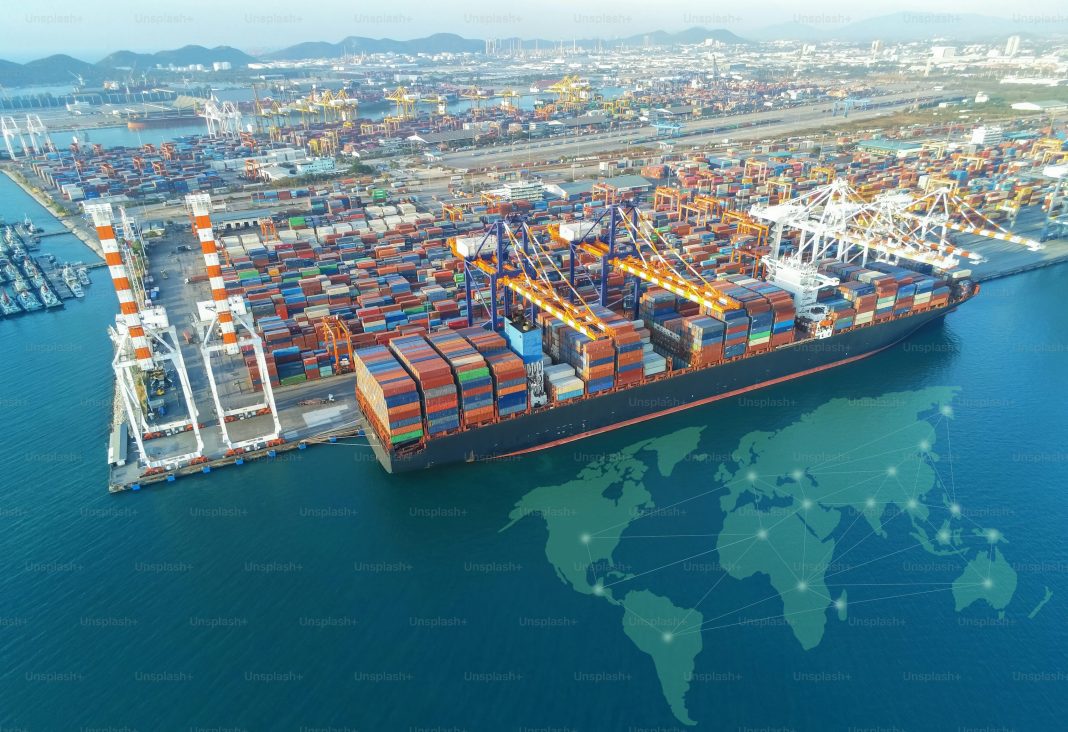Global trade has entered a transformative phase driven by technological breakthroughs, geopolitical shifts, and environmental imperatives. As nations recalibrate their economic strategies post-pandemic, businesses must navigate an evolving landscape where adaptability and innovation are key. This article explores the forces reshaping global trade, the emerging obstacles, and how enterprises can position themselves for success.

Transformative Forces in Global Trade
1. Digital Disruption and AI Integration:
AI-driven platforms and advanced analytics are streamlining supply chains and enhancing cross-border transactions. E-commerce continues to surge, but the next frontier is AI-powered predictive logistics and personalized customer experiences on a global scale.
2. Decentralized Manufacturing:
Companies are embracing localized production facilities to mitigate supply chain vulnerabilities. Decentralized manufacturing reduces reliance on distant suppliers and fosters stronger regional trade networks, exemplified by the resurgence of intra-African and intra-Asian trade agreements.
3. Eco-Conscious Trade Policies:
Sustainability has become a cornerstone of global trade discussions. Nations are prioritizing carbon neutrality, enforcing stricter environmental regulations, and incentivizing green technology exports. Businesses investing in low-carbon logistics and eco-friendly production gain a competitive edge.
Emerging Challenges
1. Fragmented Trade Alliances:
Geopolitical rivalries, such as the evolving US-EU-China dynamics, are complicating multilateral trade agreements. Fragmented alliances lead to supply chain recalibrations and demand strategic diversification.
2. Cybersecurity Threats:
As trade digitizes, cyber threats loom larger. Digital supply chains are vulnerable to cyberattacks, necessitating robust cybersecurity protocols and international cooperation to safeguard global commerce.
3. Resource Scarcity:
Limited access to essential resources, driven by climate change and political instability, threatens trade stability. Businesses must innovate to secure alternative materials and adopt circular economy principles.
Strategic Approaches
Enterprises must prioritize resilience by embracing technological innovation, diversifying supply networks, and aligning with eco-conscious practices. Strategic collaborations, data-driven insights, and adaptability will define success in the future of global trade.

